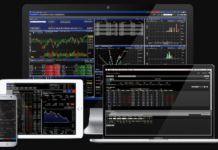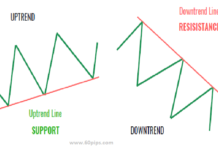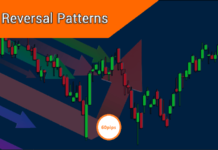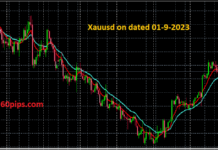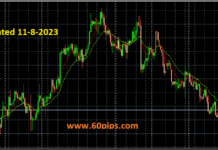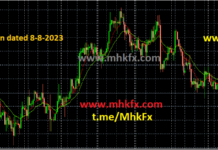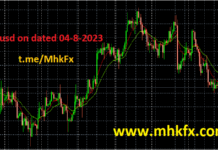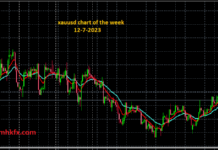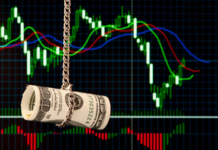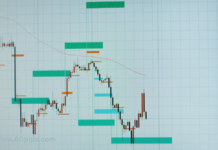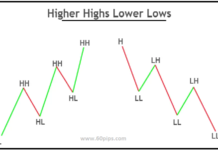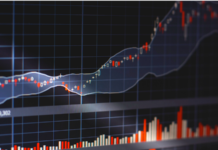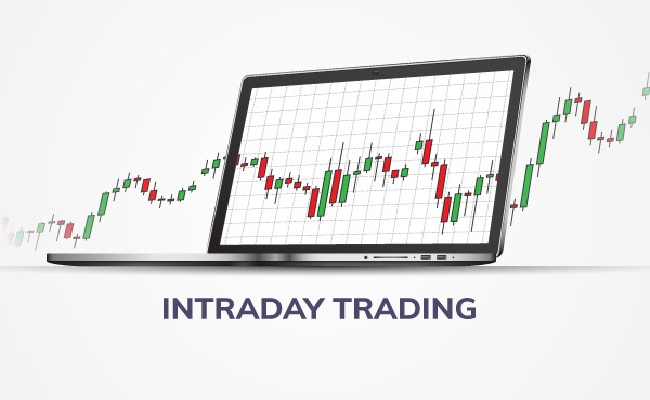
Intraday trading, also known as day trading, is a type of trading strategy where traders buy and sell financial instruments within the same trading day. The goal of intraday trading is to profit from short-term price fluctuations in various financial markets, such as stocks, commodities, currencies, or derivatives. Intraday traders do not hold positions overnight; they close all their positions by the end of the trading day to avoid overnight risks.
Here are some key points to understand about intraday trading:
Timeframe: Intraday trading focuses on short-term price movements, typically within minutes, hours, or even seconds. Traders analyze charts and use technical and sometimes fundamental analysis to make quick trading decisions.
Volatility: Intraday traders often seek assets or markets with higher volatility because it provides more trading opportunities and potential for profit. However, higher volatility also means increased risk.
Strategies: Intraday traders employ various trading strategies, including scalping (taking very small profits from small price movements), day trading (holding positions for a few hours), and swing trading (holding positions for a single trading day or a few days).
Risk Management: Effective risk management is crucial in intraday trading. Traders use stop-loss orders to limit potential losses and set profit targets to secure gains. Risk-reward ratios are carefully considered to ensure that potential rewards outweigh the risks.
Technical Analysis: Intraday traders heavily rely on technical analysis, using indicators, charts, and patterns to identify entry and exit points. Common technical indicators include moving averages, Relative Strength Index (RSI), and Bollinger Bands.
Liquidity: Liquidity is important for intraday traders because they need to enter and exit positions quickly. They often trade in highly liquid markets or assets to avoid slippage, which occurs when the execution price differs significantly from the expected price.
Capital Requirements: Day trading requires a sufficient amount of capital to cover potential losses and meet margin requirements set by brokers. Traders should be aware of the risks involved and only use funds they can afford to lose.
Emotional Discipline: Day trading can be emotionally demanding due to the rapid pace of decision-making and potential losses. Successful day traders need discipline, a well-defined trading plan, and the ability to control emotions.
Technology: Intraday traders often use advanced trading platforms and tools to execute orders quickly and efficiently. High-speed internet, reliable hardware, and real-time data feeds are essential.
Regulatory Considerations: In some countries, intraday traders may be subject to specific regulations and taxes. It’s important to be aware of the rules governing day trading in your jurisdiction.
Intraday trading is a trading strategy that involves buying and selling financial instruments within the same trading day to profit from short-term price movements. It can be highly rewarding for skilled traders but also carries significant risks, requiring careful planning, analysis, and discipline. Beginners should consider gaining experience through paper trading or using a demo account before trading with real capital.
Click to sign up with ICMarkets
Related Articles:
Effective equity management key to minimizing risks in Forex trading

